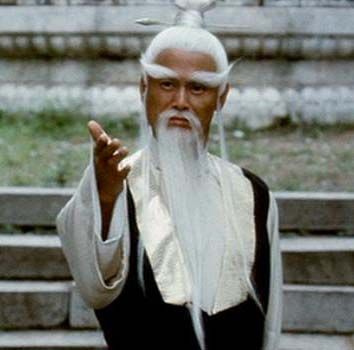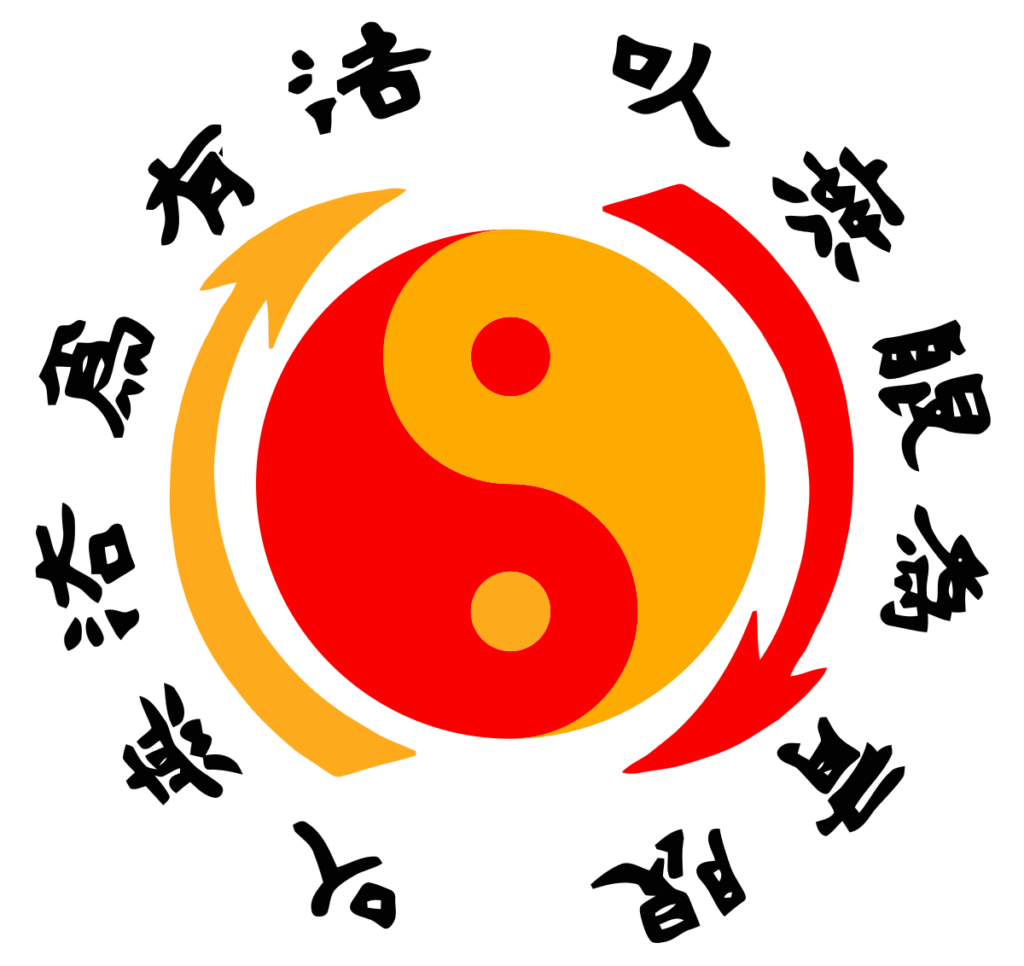Keep Learning
There is a saying that youth is wasted on the young. For myself, I find that to be truer each day especially when it comes to learning and appreciating knowledge. I’ve read more books in the past few years than I had in my entire life leading up. Part of it was I simply didn’t have the patience or desire to sit and read. Another piece was a complete lack of understanding how little I really knew or even needed to know; the whole idea of “you don’t know what you don’t know.”

In my classes at the University of Nebraska at Omaha (UNO) I implore students to understand the differences between data, information, knowledge and wisdom. Perhaps, more importantly, the sources of each. Data is simply facts and metrics gathered about something. The process of organizing, interpreting, and presenting that data in a meaningful manner now makes it useful information. Information accumulated over years of experience in the field produces knowledge. Years of knowledge parlayed across multiple areas along with personal trials and tribulations affords a deeper understanding forming what we call wisdom. Knowledge if oft referred to as the tool with which wisdom uses to craft.
We can gather data by observing objectively without bias. It’s only information to use if we do something actionable with it which, with practice and experience we become knowledgeable. Wisdom, vice waiting for life’s lessons, is only gained by tapping other people; people we often call mentors or coaches. People who act as a guide to help us interpret what we are experiencing because they have already been there, done that and possess a chest full of lessons learned and best practices cultivated over a lifetime of their own experiences. Wisdom is the result of all the mistakes we haven’t made or seen yet.

If the martial arts have taught me one thing it’s that you are never done learning. There is always something more if your eyes are open and mind is willing; the proverbial white belt mentality. More importantly, there is always someone out there with something to offer in the form of wisdom. It’s that kung fu movie with the old, gray haired Sifu imparting a handful of magical words to guide the young, firey student.
The world offers literally a few hundred different martial arts actively practiced. Very few physical (if any) activities have as many wholly unique variations and approaches as do the martial arts. Much like food, every country, regions within, and even villages present different styles cultivated literally over generations of families. To say there is always something to learn in the martial arts is a gross understatement at the very least.
Even if we remain focused within a single art, a true open minded, deep dive show’s us any single art in and unto itself is full of nuance simply due to the number of practitioners, coaches and mentors involved. This is especially true within the “non-traditional” arts, as they tend to be dubbed, because of their lack of adherence to a widely adopted strict curriculum. Take BJJ or Muay Thai as examples. Both steeped in tradition yet no two schools in either are the same. Every coach brings his own experiences, influences and bias to the class. What is taught is neither more right nor more wrong than anywhere else, just different. The BJJ Paradox, if there were one, lies in the fact there are dozens of ways to do the same thing which, consequently, tends to also be one of the more frustrating aspects as well. The student asks, “which is the correct way?” with the answer being “yes, they all are ways!”

Bruce Lee famously advocated martial arts should not be stagnant. Students should explore everything, discounting nothing initially. Over time absorb what is useful to you and discard what is useless. Having no way as the way; you are ever-evolving.
We can think of all the martial arts the world has to offer as a giant ocean of data. With practice we can sift through and begin creating a useful pool of information. Time and experience cultivate a knowledgeable practitioner who, hopefully one day, passes on a bit of wisdom to the next white belt.
Everyday Is Training Day – Reap What You Sow
